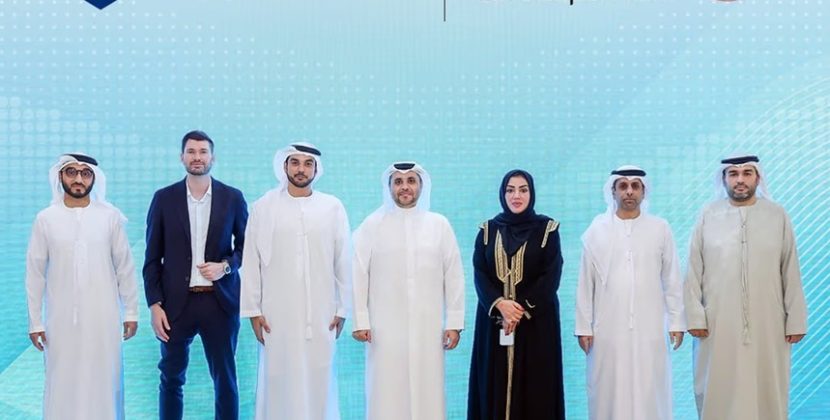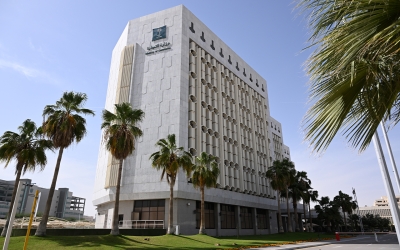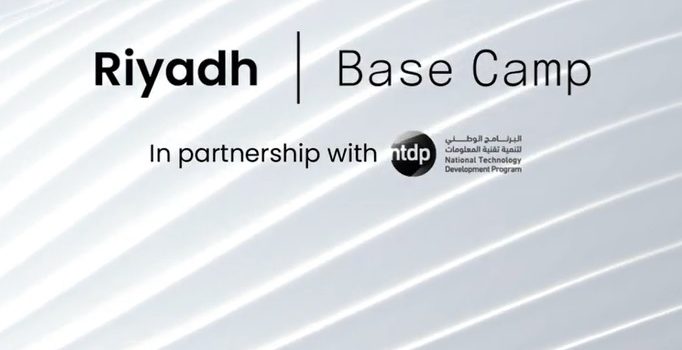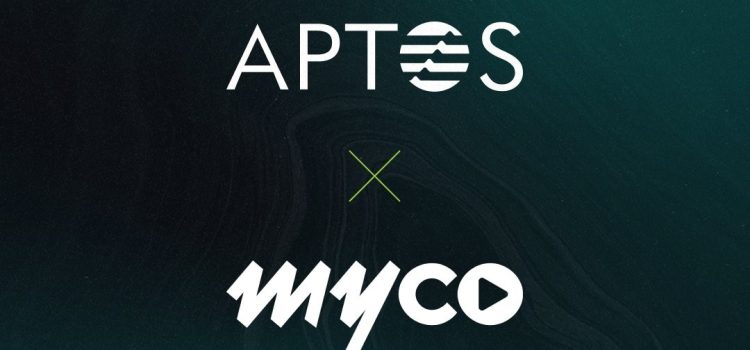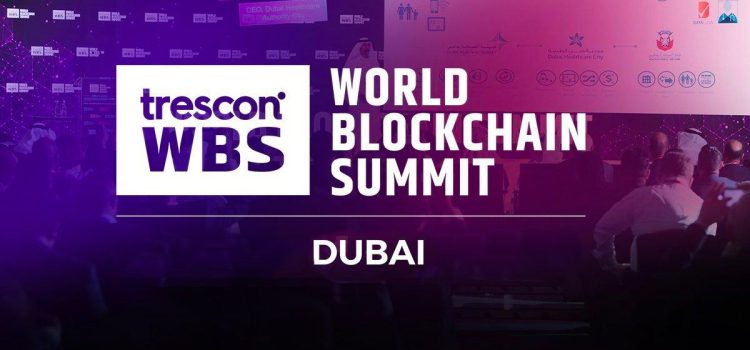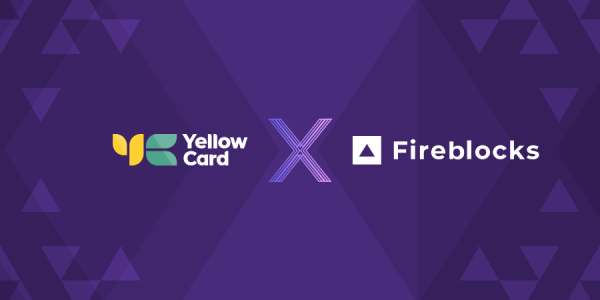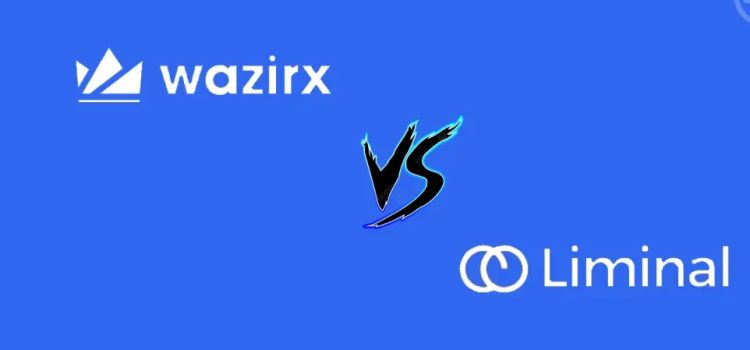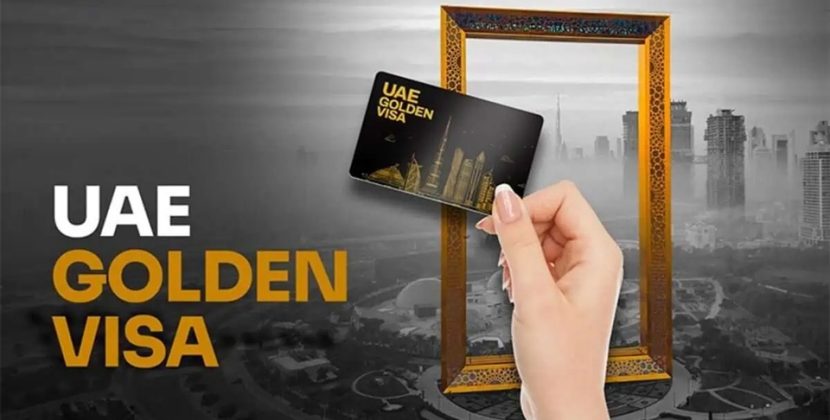
While Telegram Founder Pavel Durov awaits an appearance in court today in France, the crypto world and the defenders of Freedom of speech are speaking out loud about the infringement that is happening when it comes to Telegram, which celebrated its 11th anniversary this week.
The Russian government, once against Telegram is now defending Durov. Deputy Speaker of Russian State Duma Vladislav Davankov stated, ” Hardly anyone else has done more for the development of digital services in Russia and the world. We need to get him out of there. His arrest could be politically motivated and used to gain access to personal information on telegram users. We cannot allow this.”
Yet the TONCoin continues to face downward loss in value now reaching 18% decline. Last night it had lost 16% when Durov’s arrest was made public.
Ton Network and its associated Toncoin had been doing quite well. This year Toncoin had launched a $40 million fund, through its Open Network TON venutes, a new venture capital (VC) firm. The aim of which was to support early-stage crypto projects growing on the TON ecosystem. The new venture firm is founded by former senior members of the TON Foundation.
The launch comes amidst a growth of projects fuelled by the Toncoin Telegram partnership. The Toncoin price has also been on the rise. Analysts had noted that it was predicted a that Toncoin would potentially surge 2X in the coming weeks.
But today with Pavel Durov, under investigation for lack of moderators on Telegram allowing criminal activity to go untouched, He could face indictment today ( Sunday 25th), the Toncoin is under duress.
Durov faces possible indictment on Sunday, according to French media.
This all comes as Telegram celebrated its 11th birthday this week, adding new ways to support content creators with Star Reactions and Star Subscriptions, allowing admins to post as their profile or other channel in Super Channels and more.
The Ethereum co-founder responded to reports of Pavel Durov’s arrest, saying the outlook for freedom in Europe looked very bad “I’ve criticized Telegram before for not being serious with encryption. But (given the info available so far: the charge seems to be just being “unmoderated” and not giving up people’s data), this looks very bad and worrying for the future of software and comms freedom in Europe.”
Formerly in an interview in the Tucker Carlson show, Pavel Durov discussed how US agencies tried to gain a backdoor to Telegram. Followed by Israel’s request to censor them which Telegram refused.
However, Telegram has on many occasions been considered as platform for spams, thefts, and other criminal activities. Russian based Kaspersky Digital Footprint Intelligence team analyzed shadow Telegram channels. Their findings reveal a troubling trend: cybercriminals are increasingly using Telegram as a platform for underground market activities. Cybercriminals actively operate channels and groups on Telegram dedicated to discussing fraud schemes, distributing leaked databases, and trading various criminal services, such as cashing out, forging documents, DDoS attacks as a service and more.
According to Kaspersky’s Digital Footprint Intelligence data, the volume of such posts surged by 53% in May-June 2024 compared to the same period last year. “The growing interest in Telegram from the cybercriminal community is driven by several key factors. Finding or creating a community on Telegram is relatively easy, which, combined with other factors, allows various channels, including cybercriminal ones, to gather an audience quickly,” explains Alexey Bannikov, analyst at Kaspersky Digital Footprint Intelligence.
The question remains what is the main reason for the arrest today, politics, war cabinets, or the fight against criminal activity?

